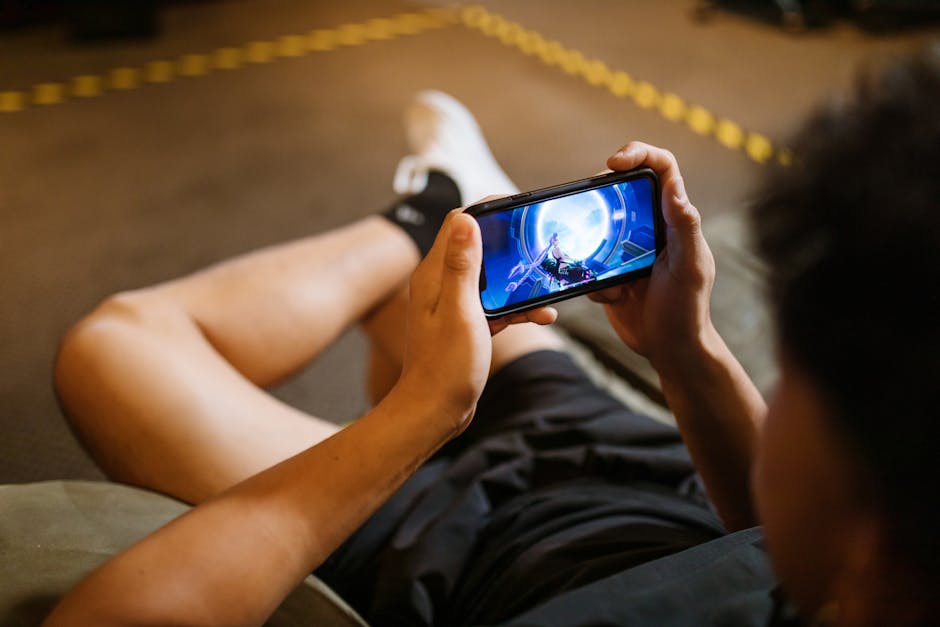Steam Sale Unleashed: Sonic Frontiers 80% Off! Grab PEAK for Just 545 Yen & Dive into 16 Record-Low Deals!
Steam Sale Unleashed: Sonic Frontiers 80% Off! Grab PEAK for Just 545 Yen & Dive into 16 Record-Low Deals!
- Get link
- X
- Other Apps

The gaming world is constantly evolving, bringing incredible innovation and immersive experiences. Yet, with great power comes great responsibility, not just for developers, but for players and parents alike. A recent headline from Japan, spotlighting a smartphone bill over ¥300,000 resulting from a child's game in-app purchases, throws this responsibility into sharp relief and sparks a critical conversation.
As a game analyst and a dedicated gamer myself, this situation isn't just about a staggering number like 30万円超; it's a profound dilemma touching on game design, consumer protection, and parental supervision. The core question on everyone's mind: when faced with unauthorized purchases not permitted by parents, specifically "無断課金," can these charges truly be reversed or canceled (取り消せますか)?
Modern gaming, particularly on mobile platforms (スマホ), thrives on the free-to-play model, often relying heavily on in-app purchases (課金) for monetization. These range from cosmetic items and convenience boosts to gacha mechanics that incentivize repeated spending. While designed to enhance gameplay for engaged players, the system can become problematic when children, without a full grasp of real-world money, interact with it.
When a child makes game in-app purchases, especially those accumulating to a sum over 300,000 yen, it highlights several issues:
The "無断課金" aspect—purchases made without parental consent—is the crux of the problem, indicating a breakdown in control and oversight.
This is where the situation gets complex. The possibility of reversing charges for unauthorized purchases not permitted by parents depends on several factors, primarily the policies of the platform provider (e.g., Apple, Google, console manufacturers) and the circumstances surrounding the incident.
Generally, major platforms do have mechanisms for reporting fraudulent or unauthorized purchases. However, success in obtaining a refund (取り消し) often hinges on:
While there are precedents for refunds in cases of clear unauthorized use by minors, it's not a guaranteed outcome. Each case involving a smartphone bill over ¥300,000 due to child's game in-app purchases is typically evaluated individually, taking into account the specifics of the "無断課金."
Beyond seeking reversals, the proactive steps parents can take are crucial. As a gamer, I understand the allure of these systems, and as an analyst, I see the potential for misuse. The industry and parents must collaborate.
The incident of a smartphone bill over ¥300,000 from child's game in-app purchases serves as a stark reminder of the ongoing challenges in the digital age. While the question of whether unauthorized purchases not permitted by parents can be reversed (取り消せますか) has specific answers based on platform policies, the broader solution lies in a multi-pronged approach.
It demands stronger parental controls, better digital literacy for children, and a commitment from the gaming industry to ethical monetization practices. Only by addressing these facets can we ensure that the excitement of gaming doesn't turn into a financial nightmare for families.
Comments
Post a Comment